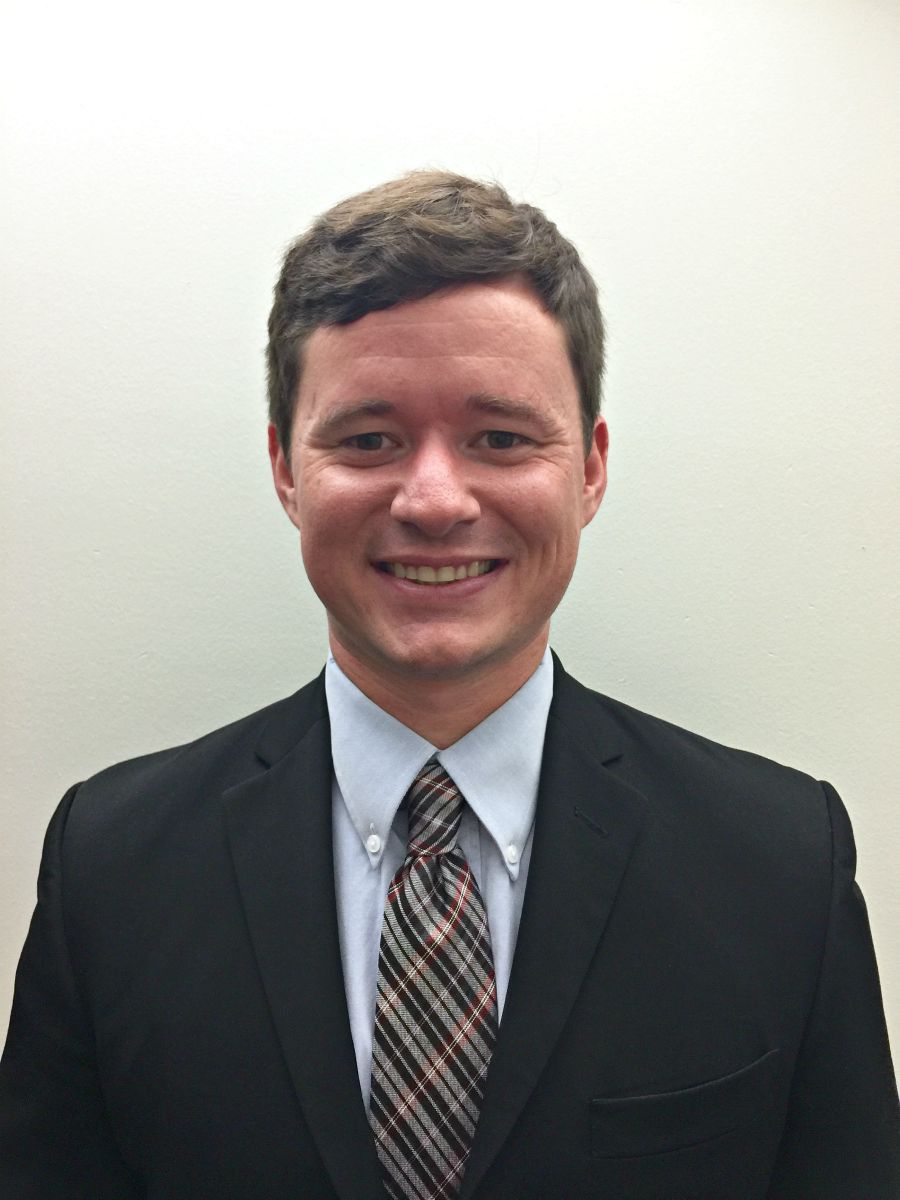Saying No During Fellowship
By: Stephen Doyle, DO
July 16, 2018
This post is a part of our Life as a Fellow blog post series. This series includes "fellow life lessons" from current trainees in leadership with CHEST.
I finally made it: July 1 arrived and I was about to begin the final chapter of my training saga to become a pulmonary and critical care physician. I was starting fellowship at a new institution, in a new city, with new people, and was eager to get involved. Early in the year at a conference, our fellowship leadership asked, “Who wants to serve on the house staff quality improvement committee for the program?” I quickly volunteered, thinking this was a perfect way to get involved.
Over the next few months, I took advantage of many more opportunities that began to present themselves (ICU mobility project, outcomes-based research project, QI project, developing a didactic curriculum, serving on more committees, etc). I created elaborate schedules in an attempt to keep track of meetings and deadlines with limited success. Very quickly, my free time evaporated due to becoming overcommitted. I began to worry the quality of my work would suffer due to lack of available time. How would I successfully meet all these deadlines with a busy training schedule?
I was honored to have so many opportunities to get involved in my program, but inevitably my only options were to either add more hours to the day or cut back on projects. My major concern was that if I turned down participating in one project, then I would earn a reputation of being unhelpful and risk not being offered the next opportunity. After all, many of my current commitments were obtained because of working well on previous projects. I needed to figure out a way to determine if I should or should not greenlight the next project, but how?
"...I realized it was important to only say yes to projects I had time to complete well, was interested in, and that would be beneficial for my long-term career goals."
I asked mentors about how I could continue to take advantage of opportunities without sacrificing quality of work or life outside of the hospital. There was a simple answer given: “You can’t.” After further discussion, I realized it was important to only say yes to projects I had time to complete well, was interested in, and that would be beneficial for my long-term career goals.
After some self-reflection, I asked myself what I wanted to do in the next 5 years and 10 years. I developed a simple system to determine if I would be able to perform quality work on a project by asking myself a couple questions. Do I have any free time to commit to this project? Do I have the time necessary to put forth work I am proud to attach to my name? Will this project help me achieve my career goals? If the answers to these questions were yes, then I prioritized my schedule to participate.
Overcommitting is a problem many fellows encounter during training. Initially, it is important to say yes early and often to different opportunities in order to gain exposure to areas of interest one might not know he or she would enjoy. However, once your schedule begins to fill, it’s important to be able to politely say no. If you worry about how to say no, start by thanking them for considering you but you can’t commit the time necessary to complete the project well at this time. Then you can offer to help at a later time, schedule permitting. By using these simple steps, I’ve been able to successfully navigate projects beneficial for my career while providing adequate time to complete these properly, as well as maintaining a healthy work-life balance.
 Stephen Doyle, DO, MBA is a pulmonary and critical care medicine fellow at Ohio State University. His career interests are in advanced lung disease, critical care, and medical education. His current research interests include further evaluating mentorship programs during training and correlating their career success in medicine.
Stephen Doyle, DO, MBA is a pulmonary and critical care medicine fellow at Ohio State University. His career interests are in advanced lung disease, critical care, and medical education. His current research interests include further evaluating mentorship programs during training and correlating their career success in medicine.